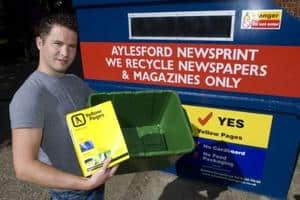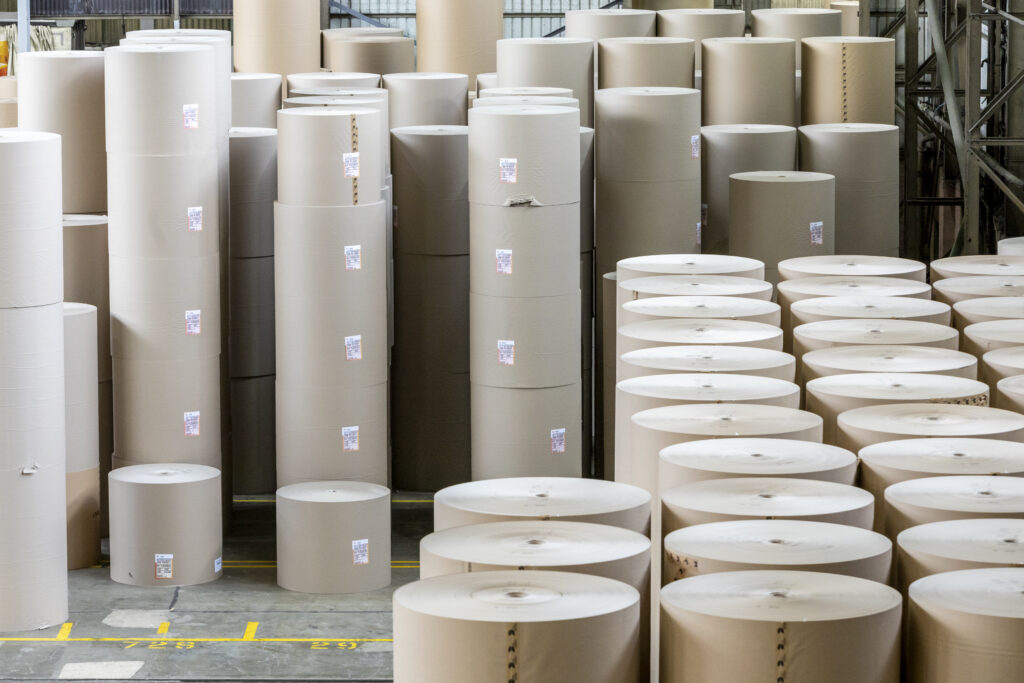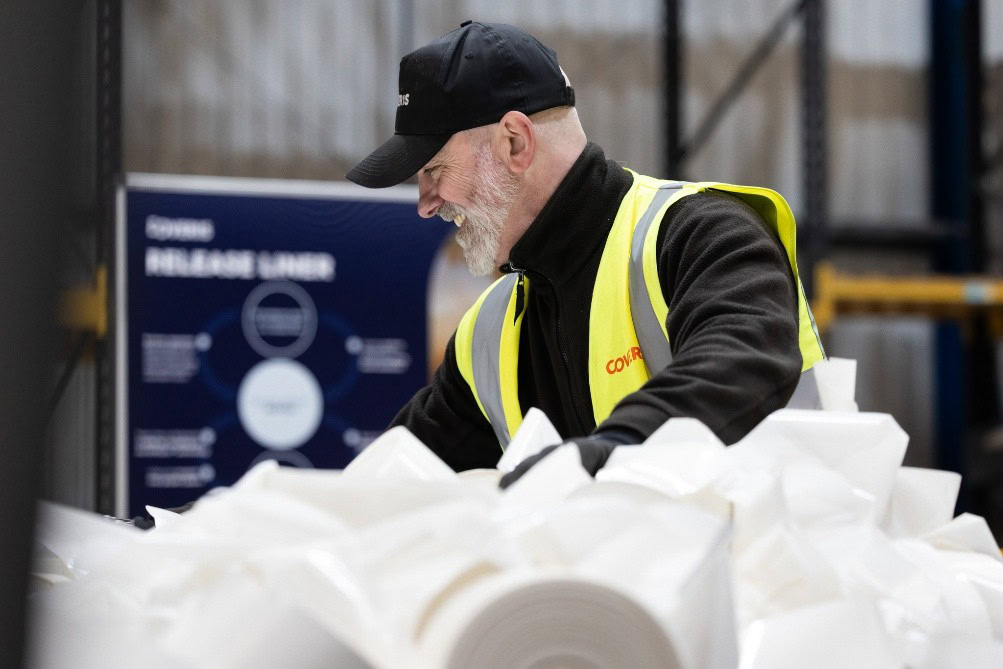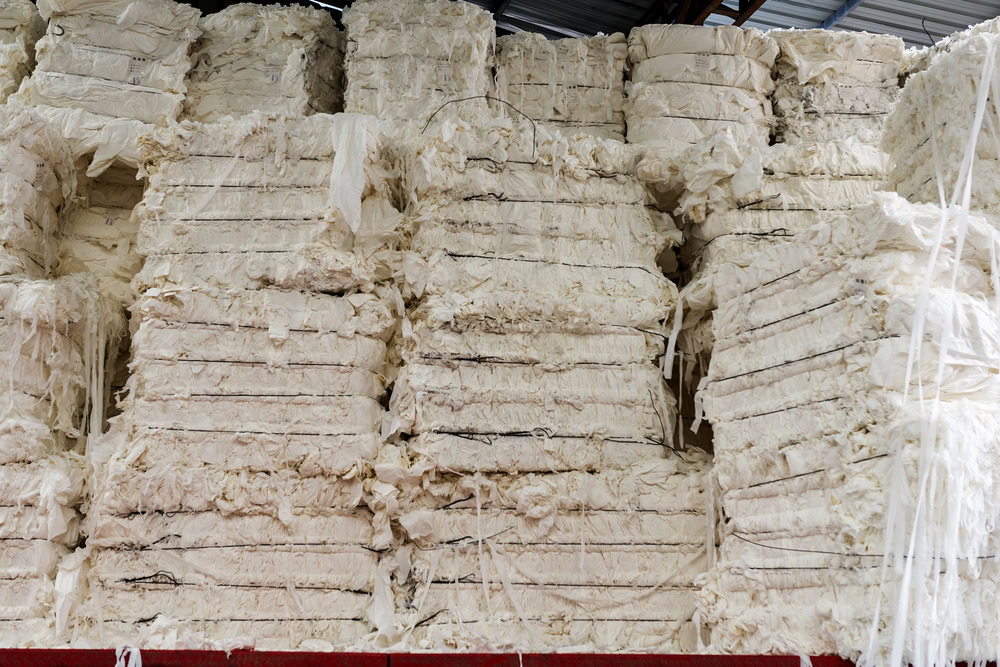Around 25 million directories, such as Yellow Pages, Thomson and BT Phone Book, are distributed annually to households and businesses throughout the UK and, with a perceived increase in the move towards online service providers, the LGA urged householders not using the phonebook to cancel their delivery.
Councillor Gary Porter, chairman of the LGA Environment Board, said: “Slowly but surely, the printed phone directory has become as outdated as the Betamax video and the typewriter. With the internet and mobile phones, many people will have almost forgotten what a phone directory looks like.
“Picking up the latest directory from the doormat, removing the wrapper and throwing it straight in the recycling has become an annual ritual.”
Cllr Porter suggested residents keen to disavow themselves of the directories should sign up to a service such as 'Junkbuster' to cancel the deliveries.
In response, the Data Publisher's Association (DPA) – which represents directory producers – has hit back at the LGA's comments, claiming they take “no account” of the “vital economic and social role” of directories or the moves made to improve the sustainability of the products.
Trevor Fenwick, chairman of the DPA, said: “Directories are 100% recyclable and directory producers work closely with local authorities to ensure kerbside collections for recycling, with the vast majority of old directories collected with newspapers and magazines for recycling into new newsprint material.”
In addition, Mr Fenwick explained that an opt-out system already exists which enables residents to choose not to receive a printed directory. However, he said that the number which takes up this option is currently “tiny”.
Focus
What the campaign says is if people do not use their directories and if people are receiving free newspapers they don't want then people put up notices saying they don't want them
Spokesman, Local Government Association
One paper industry expert, who wished to remain anonymous, claimed that the LGA attack was focussed on a very narrow element of the paper sector and questioned whether newspapers as a whole – which comprise the largest single item collected at the kerbside – should also be scrapped as more consumers gain their daily news from online sources.
In response to this comment, a spokesman for the LGA told letsrecycle.com: “I am not going to tell people not to read newspapers. What the campaign says is if people do not use their directories and if people are receiving free newspapers they don't want then people put up notices saying they don't want them which will hopefully feed back up the chain and stop the newspapers being produced.”
“The same argument doesn't apply for newspapers in general as people are reading them, the fact is we have got so much being read. There was a figure, and it is not our figure, that 40% of phone books never get read, so what is the point in printing them?”
Directories
The LGA comments come as the latest in a long-running spat between producers of online and print directories. Online directory service provider 192.com has remained vocally critical of paper phone books and has been quick to back the LGA push to encourage residents to opt-out.
And, the online service even launched a dedicated campaign entitled ‘Say No To Phonebooks' in October 2009, which aims to see directories only delivered on demand and not delivered automatically.
Dominic Blackburn, product director at 192.com, said: “We are finally starting to see directories reluctantly take notice of the ‘Say No To Phonebooks' campaign particularly as local government weighs in on the debate. However, we must not be placated by piecemeal moves towards a more environmentally friendly solution.”
In addition, 192.com pointed to “independent research” which indicated that 41% of households no longer use printed directories at all, which the firm claims could save 25,420 tonnes of waste if these were not distributed.
Sustainable
Directories have already made moves towards improving their environmental credentials. In a bid to improve its sustainability, Yellow Pages announced last month (February 16) that it would cutting down the size of its directories from the traditional A4 set-up to a more compact version.
The move was seen as a means of making the item more consumer-friendly but has also been touted as a possible means of reducing paper waste. This alteration, as well as moves to make the dye in the phonebooks more recyclable, has been welcomed by paper reprocessors.
David Symmers, chief executive of the paper recycling trade body Independent Waste Paper Processors, told letsrecycle.com that directories only represented a very small proportion of paper waste and said he did not expect the sector to back the LGA campaign.
“I don't think the paper sector would support this at all,” he said “As far as I am aware Yellow Pages set up a recycling campaign and I don't see why people are jumping up and down and the directories don't even come out all at the same time.”
Recycled directories are used in the creation of recycled cardboard and lower grade papers – such as egg boxes and insulation and packaging. And, since 2001, even Yellow Pages directories have been accepted at some newsprint mills.










Subscribe for free